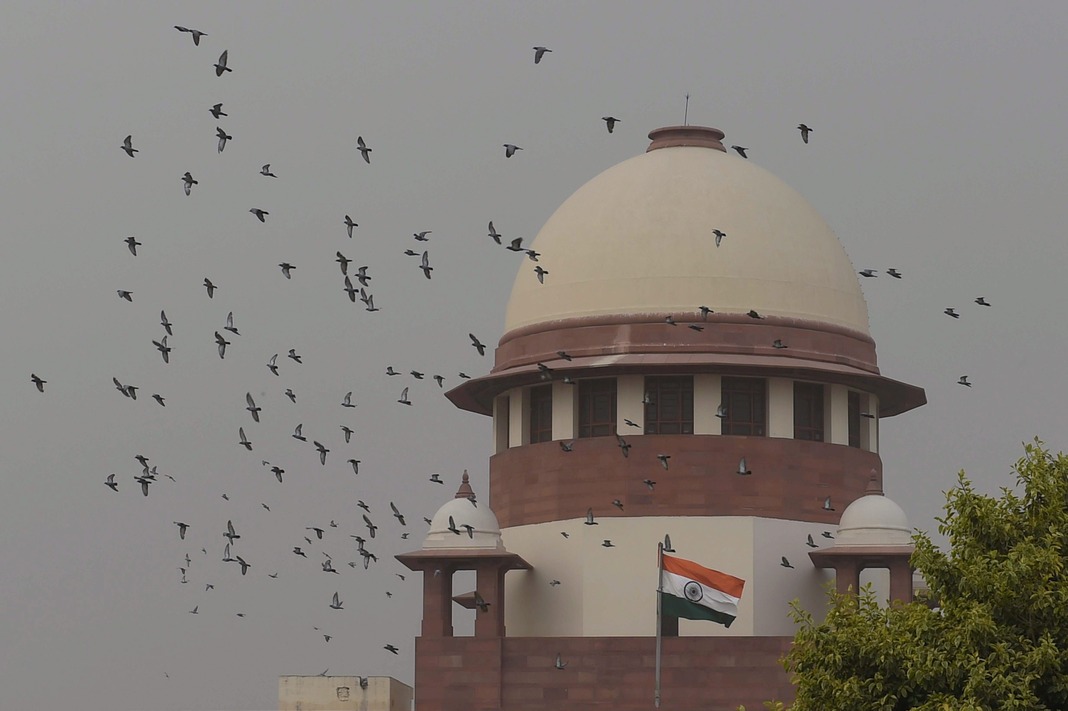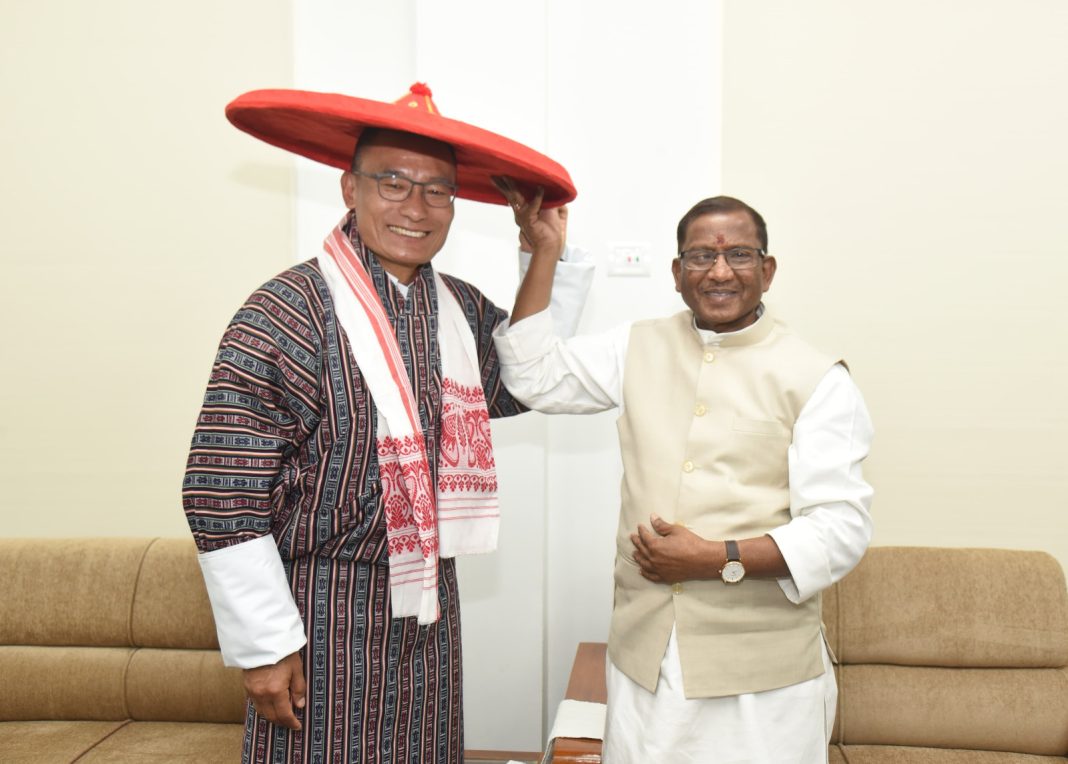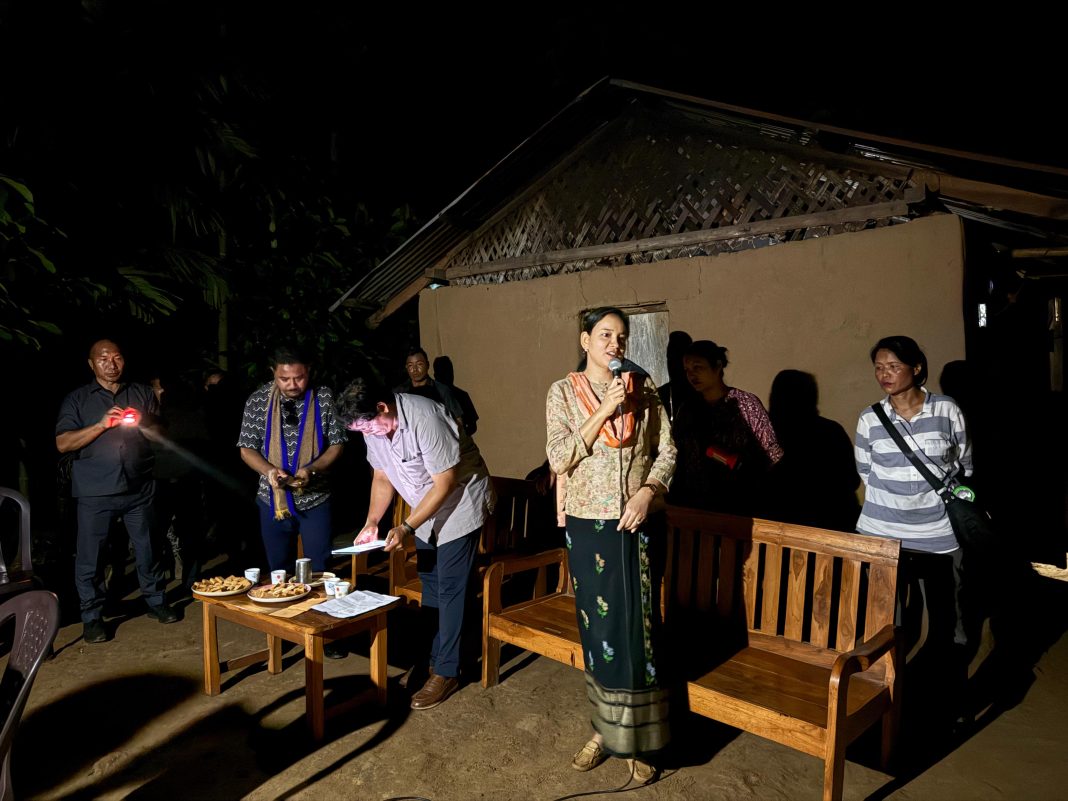Guwahati, Nov 7: The Supreme Court of India has issued a stern directive to Assam and four other states- Chhattisgarh, Telangana, Maharashtra, and Bihar, mandating them to submit counter-affidavits in response to a Public Interest Litigation (PIL) filed by the National Federation of Indian Women (NFIW).
The PIL raises concerns about the rising incidents of lynching and mob violence, particularly by so-called ‘cow vigilantes’. The bench, comprising Justices BR Gavai and KV Viswanathan, emphasized that the affidavits must be filed by the chief secretaries of the respective states within four weeks.
“From the perusal of the records it appears that the states of Assam, Chhattisgarh, Telangana, Maharashtra and Bihar have not filed their respective counter affidavits. We direct the chief secretaries of the five states to file their respective counter affidavits, within four weeks from today,” the court said.
“We clarify that in the event the counter affidavits are not filed by the states, the Chief Secretaries of the states shall remain personally present in the court on the next date of hearing to show cause as to why an action should not be taken against them for non-compliance of the orders of the court. The registrar concerned shall communicate this order to the Chief Secretaries of the states,” the court added. The court will hear the case on December 10.
In the PIL, the NFIW has urged the Supreme Court to issue a mandamus compelling authorities to take immediate steps, in line with the 2018 Tehseen S. Poonawalla judgment, to address the troubling rise in mob lynching and cow vigilantism, particularly targeting minorities.
NFIW referenced several recent incidents, including lynchings in Bihar and Maharashtra, an assault by Bajrang Dal members in Karnataka, an attack in Bhubaneshwar, and a violent mob assault on a bus carrying Hajj pilgrims in Rajasthan. These incidents, according to NFIW, demonstrate a concerning trend in mob violence against minority groups.
The Tehseen Poonawalla ruling, which established preventive and redressal guidelines for such violence, mandates the government’s “sacrosanct duty” to protect citizens from such acts. In line with this, NFIW argues that the state machinery has not acted adequately to prevent these violent occurrences or to hold perpetrators accountable, despite existing Supreme Court directives that emphasize the need to curb such vigilantism and uphold public safety.
NFIW’s petition also highlights the role of false propaganda, spread through social media, news channels, public events, and films, in fueling anti-minority sentiments and vigilante actions. In addition to requesting the enforcement of the Tehseen Poonawalla guidelines, NFIW has called for interim relief for victims, recommending that part of the compensation be immediately provided to victims or their families following these incidents.
The Tehseen Poonawalla judgment set forth a series of guidelines for both central and state governments, emphasizing the creation of deterrent mechanisms, such as fast-tracking trials, dedicated nodal officers, victim compensation schemes, and public condemnation of such acts by officials.




